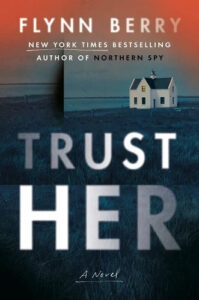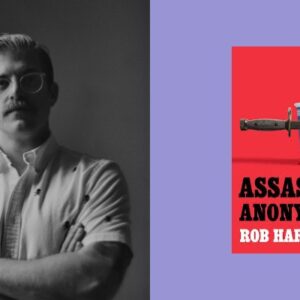I recently read an old handbook from the Metropolitan Police that advises its undercover officers to avoid suspicion by entering into “fleeting, disastrous relationships.” I have so many questions about this advice. How disastrous are we talking here? How long is fleeting? And what, exactly, happens to the recipient of this short, terrible relationship after it ends?
I wrote Trust Her and Northern Spy because I’m obsessed with espionage, and the risks when an ordinary person is compelled to go undercover.
If you’re similarly obsessed, the old Metropolitan Police tradecraft manual can be read online, and has an entire section on “Sexual Liaisons.” It says, “In the past emotional ties to the opposition have happened and caused all sorts of difficulties, including divorce, deception and disciplinary charges.” “Difficulties” seems like a bit of an understatement, no?
The manual makes for absorbing, provocative reading, just like my favorite novels about amateur spies. These characters go undercover, without extensive training, an extraction team, expensive equipment, or any idea of what damage might lie ahead.

Home Fire by Kamila Shamsie
Aneeka sits down on a train next to Eamonn, and asks him to take her home. They spend the night together, a seemingly chance encounter that sets off a fiery affair. But Aneeka is actually operating undercover, all on her own. Her brother Parvaiz is in trouble, and she has engineered a relationship with Eamonn because his father is the Home Secretary. Their story is moving, surprising, and haunting. Home Fire is a masterpiece, and a book I recommend widely, while absolutely refusing to lend anyone my copy.
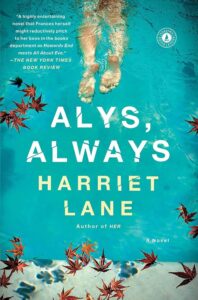
Alys, Always by Harriet Lane
Frances is driving home when she notices a car off the road, in the trees. As the first on the scene, Frances calls for help, and is later invited to speak with the casualty’s family. She refuses at first, until she learns that the victim’s widower is Laurence Kyte, a famous British novelist. Frances begins to infiltrate the Kyte family, visiting their expensive home in Highgate, and using her connections with them to advance her career. Frances is a sort of sleeper agent, though we don’t know what exactly she wants. She is my favorite sort of amateur spy: observant, clever, and wildly unpredictable.
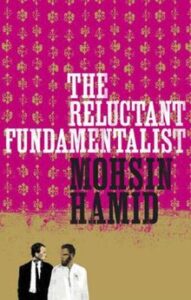
The Reluctant Fundamentalist by Mohsin Hamid
Two men sit over cups of tea in Old Anarkali, a district in Lahore. They are, seemingly, strangers. One has the “short-cropped” hair and broad chest “typical of a certain type of American; but then again, sportsmen and soldiers of all nationalities tend to look alike.” The other man, Changez, has returned to Pakistan after studying at Princeton and working as an analyst in New York. Is one of the men a spy, or both? If so, what might they do to each other? I started reading this absorbing, brilliant novel on a train, and then sat on a bench at my station, reading until the last page.
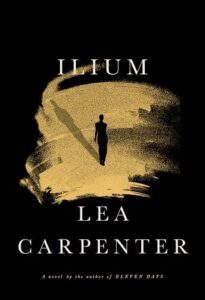
Ilium by Lea Carpenter
An aimless young woman marries a charismatic older man, and on their honeymoon on the Dalmatian Coast, her new husband recruits her for an intelligence operation. “What was laid out before me, then, felt less like a risk than like a promotion. I was being invited into something very special, important. He was handing me an identity I had been looking for without even knowing it.” She is to pose as an art advisor, and spy on the owner of a compound in France. The writing is cool, perceptive, and smart, and Ilium reads like a spy thriller by Joan Didion.
***


